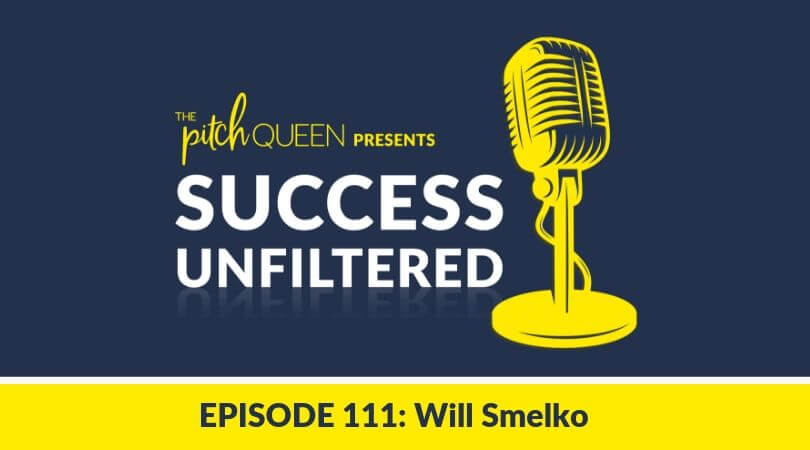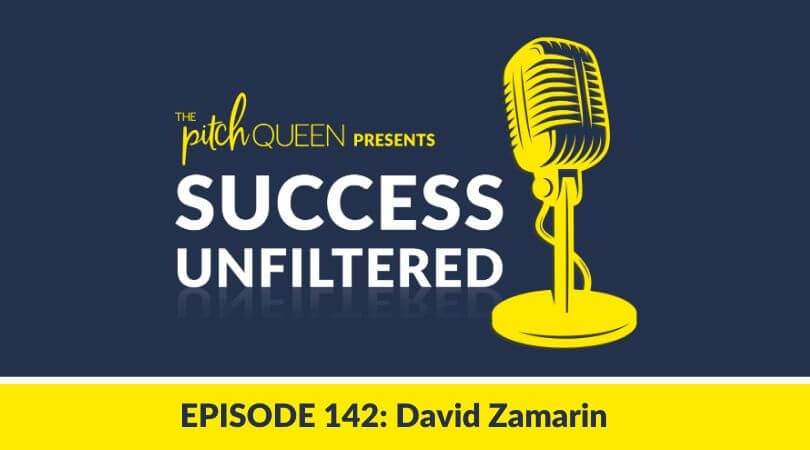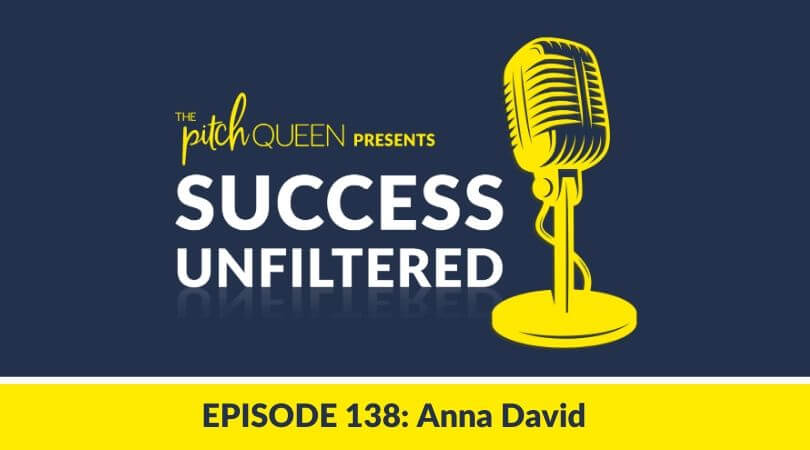
Do you know how to find investors? Do you vet your investors? Or do you just get excited that someone – anyone – is willing to fund your business?
Beginning business owners and entrepreneurs can be tempted to accept funds from anyone and everyone who will give them money.
It’s hard! When you’re starting out, you may not have a lot of money, and your sales aren’t high enough to cover expenses.
I completely understand this. With my old company, FITzee Foods, I accepted money from any lender who was willing to invest in my business.
The problem was, I didn’t fully know what value I had to offer an investor, or what value they could offer me. And, I didn’t know exactly what I needed from a venture capitalist.
When you take time to know your value (and your business’ value) and what you have to offer an investor, and you know what you need from your investors, you can be more strategic. You can make mindful decisions with who you work with.
It may take longer to find the “right” investors, but in the end, your business will be more successful!
Vetting your investors can lead to better connections. If you need help with certain manufacturers, or with production, your shareholders may be the key connection to exactly who you should be working with!
But vetting investors can be scary. What if they take your calls to their references as a sign of distrust? What happens if they pull the offer?
Those fears can stop you from making strategic, smart decisions.
Will Smelko, a guest on the Success Unfiltered Podcast, overcame the fear of vetting investors so that he could find those who added the best value to his business. Once he did that, he found more of his ideal lenders, who helped strategically grow his company!
Early Rejections
Before they found success, Will and the team at Ora Organics had to overcome a lot of obstacles. One of the main ones was a general distaste for supplements.
People would immediately say NO when they found out that Ora Organics was a supplement: especially those who Ora Organics targeted. Since they were a plant-based product, their target were individuals who wanted more vegetables in their life.
“We don’t want artificial supplements,” they would say. “We want to get our nutrition from food.”
Everyone at Ora Organics found that education was key: they had to educate their ideal clientele on the mission of Ora Organics. That commitment meant that they had to be willing to make hard decisions in alignment with their purpose.
When they found out that they had to switch to a different manufacturer for ethical reasons, it was hard! Limited capital made it a huge step.
“It really instilled in us that hey, if we’re willing to make those sacrifices early on to pick up and leave when we don’t feel right … how would [our customers] feel about any of these decisions? If we could do it during the hardest period and do it for the sake of our product quality, then we know we can do it later on.”
Sticking to their beliefs and convictions is what helped Ora Organics’ initial growth.
“I think it really set us on a path culture-wise,” Will says, “that instilled no matter what’s going on, we’re never gonna sacrifice the quality of our product’s ingredients.”
Leaning on Team
When times got hard, Will had the perfect support system. The entire Ora Organics team turned to each other for support when facing NO’s and rejections.
“I think everyone likes a winner,” Will speculates. “Once you’re successful it’s a lot easier to be like, ‘Oh yeah I knew that’s what you were up to all along.’”
Many people were content to just watch Ora Organics grow, but finally, they found traction, and earned an appearance on Shark Tank.
However, appearing on Shark Tank wasn’t the major boost that the team had hoped for.
The NOs came so fast, that Will was surprised. Even their packaging was criticized by the Shark Tank investors, which allowed Ora Organics to start conversations with their customers and client base, and learn more about their consumers.
Through the process, staying true to their core values sustained them.
“We always said unless the bank just drains our accounts and the police come and bar up the doors, and they physically restrain me, we’re going to keep working on this. Even if we go through the absolute worst of times, this is what we’re doing.”
Those are the beliefs that kept them going, even when times got tough.
How to Find Investors that Lead to Smart Investments
What value can you give your investors?
When Will sat down and decided that it was time to change their approach to working with investors, he started with value.
“If you can’t sit down and write out clearly on paper exactly where this investment is actually going to add value,” Will says, “then they’re not value add.”
Taking that time to vet investors meant that they knew what Ora Organics had to offer: and exactly what they needed from investors!
Were they looking for someone with manufacturing connections? Or distribution? When they knew exactly what they needed, they could find the right investor.
This required work from Will: “Part of that is drawing a line connecting the dots between what your company desperately needs right now and what value that they actually add,” he says. “Part of that is analyzing and really calling on the references of those companies to understand deeply how have they added value for the companies that they say they added value for.”
Vetting investors is a scary step, but it’s one of the best things for helping a business grow.
“It changes the script a lot when you really start to put in that due diligence on the investment funds as well,” says Will. “And I think they respect and appreciate that. And it’s also a sign how serious you are because you’re not just looking naively for a quick investment fund to come in and save the day. I mean you’re really looking to plug them in the way that makes the most sense.”
In Conclusion
We don’t often hear stories about business owners and entrepreneurs who take the time to vet their investors. Will Smelko made a choice that a lot of entrepreneurs are afraid to make, and searched for those investors that would be a great fit, especially in the value that they brought to the company. But he didn’t just take their word for it! He did the work to find out if they actually did bring that value to the table.
So tell me: do you vet your investors? Have you called references to see if they bring that value to your business? Tell me in the comments!










